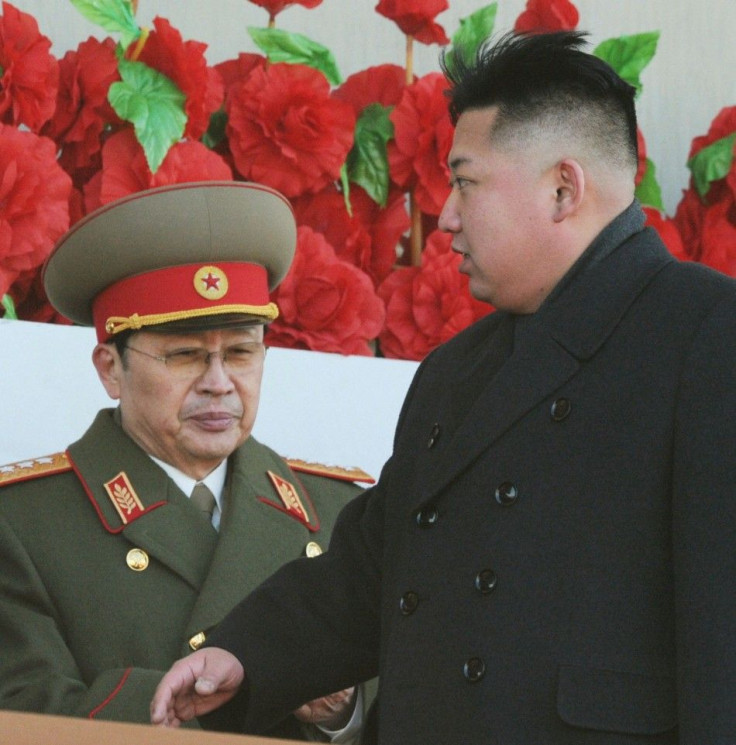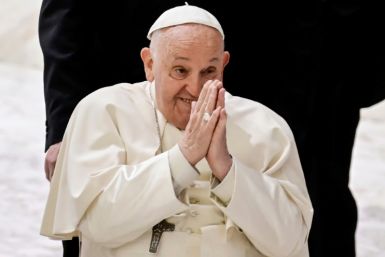North Korea A Heartless Murderer – UN Human Rights Commission

North Korea is a heartless murderer of the highest order, staging killings comparable to Adolf Hitler's Nazi-era regime, the UN's Commission of Inquiry on Human Rights said on Tuesday.
Navi Pillay, U.N. High Commissioner for Human Rights, urged nations to refer North Korean security chiefs, even Supreme Leader Kim Jong-un, to the International Criminal Court to make them accountable for such heinous acts.
The UN body's 400-page document highlighted widespread rape, torture, forced abortions and other brutalities and acts of barbarisms in North Korea's network of forced labour camps.
The number of North Korean officials who could be found potentially guilty of the worst crimes would be in the hundreds, UN Commission of Inquiry chairman Michael Kirby said.
"The gravity, scale and nature of these violations reveal a state that does not have any parallel in the contemporary world," the report said.
During the 11-month inquiry into alleged violations of human rights in North Korea, the commission encountered mind-boggling and heart-wrenching testimonies. Such was the case of young male inmates in prison camps who resorted to eating live worms or snakes caught in the field because they had nothing to eat.
"Because we saw so many people die, we became so used to it," one prison camp survivor told the commission. "I'm sorry to say that we became so used to it that we didn't feel anything. In North Korea, sometimes people on the verge of dying would ask for something to eat. Or when somebody died we would strip them naked and we would wear the clothes. Those alive have to go on, those dead, I'm sorry, but they're dead."
A certain Jee Heon A and her friend Kim Young Hee learned to eat grass because prison rations were not enough.
"We finished our work and we were about to pick up this grass or the plant that we knew we could eat," Jee told the commission. "And then the guards saw us, and he came running and he stepped on our hands and then he brought us to this place and he told us to kneel."
She said the guards punished them by forcing them to eat the grass along with the root and the soil. Young Kim got sick with diarrhea after eating the soil and later died.
"There was nothing I could do," Jee said. "I could not give her any medicine. And when she died, she couldn't even close her eyes. She died with her eyes open. I cried my heart out."
Launching the inquiry in 2013, the UN Human Rights Council, a 47-member state forum, will hold a debate on the report on March 17. It will vote on its recommendations by March 28.
Jen Psaki, a spokeswoman for the U.S. State Department, said in a statement that Washington looked forward "to thoroughly reviewing the report and discussing its recommendations with our partners, who share our deep concern about the human rights situation in North Korea."
"We will continue to work closely with the international community to sustain international attention on the deplorable human rights situation in North Korea beyond the work of the COI," she added.






